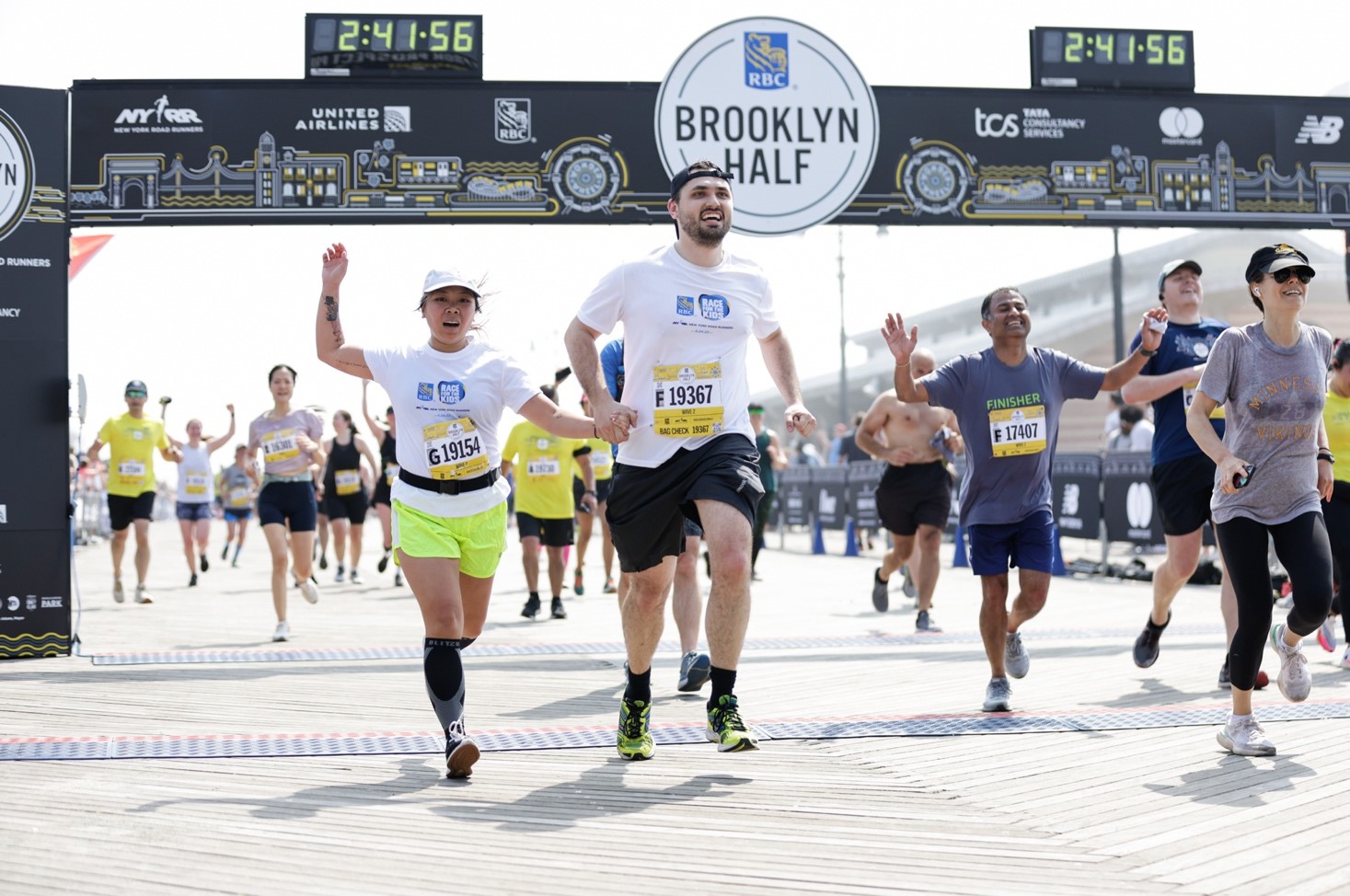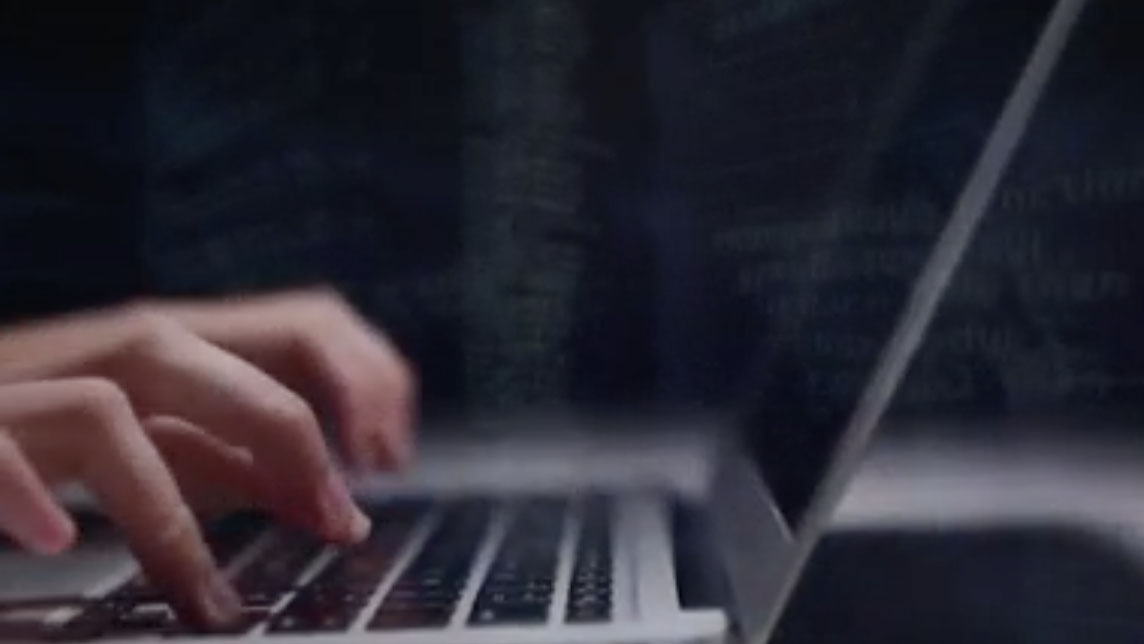New York is freeing up $40 million in emergency funds to help healthcare providers respond to a potential coronavirus pandemic, Governor Andrew Cuomo announced Wednesday.
Mayor Bill de Blasio and Gov. Cuomo held separate events to address preparations for a potential outbreak in New York, which they confirmed has seen zero cases. Cuomo announced the emergency $40 million appropriation for the New York State Department of Health, while de Blasio called on the CDC and the federal government for more assistance in testing, screening travelers and providing masks.
The scrambling comes a day after the CDC warned the American public to prepare for an outbreak of the disease, which has spawned more than 80,000 cases around the world but relatively few so far in the U.S.
Cuomo said the $40 million appropriation would help to hire additional staff, procure equipment and any other resources necessary to respond to the coronavirus threat. " "While there are still no confirmed cases of novel coronavirus in New York, these aggressive actions including $40 million in emergency funding will help ensure our healthcare system is equipped with the necessary staff, supplies and equipment needed to respond to any emergency situation that may arise in the future," he said.
Get Tri-state area news and weather forecasts to your inbox. Sign up for NBC New York newsletters.
In his address Wednesday, de Blasio was critical of the time it has taken for the CDC and federal government to make such a warning. "It has been clear for weeks now that it was not a question of if, but when," he said. "It is important that the federal government is accepting that reality and acting more aggressively on that." He called on the CDC to not let "perfect be the enemy of the good" in its testing practices, proposing that the CDC work with "underutilized" local labs to do more high-quality testing faster.
New York City has already coordinated a plan to devote 1,200 public and private hospital beds, if needed, to COVID-19 patients or people undergoing testing, de Blasio said.
"There is not a single reason for panic," the Democrat said. "There's a reason for people to focus and follow through on the basics. If we do that, we will all be safe."
Local
He also called on the CDC to add more countries to its testing regimen for travelers. He said all countries that were under a travel warning should be added, including Hong Kong, Iran, Italy, Japan, Singapore, South Korea, Taiwan and Thailand to “limit the spread of this epidemic.” The mayor said he was also asking the federal government to help speed up the city's order of 300,000 more masks for healthcare workers. New York City has already distributed 1.5 million masks and it now needs more. However he said New Yorkers don't need to be wearing masks right now.
While no cases have been found in the tri-state areas, there were two areas neighboring New York City where there were multiple people in voluntary isolation. There were 83 people being monitored in Nassau County after possible exposure to the virus, and eight people in Westchester County being observed as well.
A growing list of colleges in the area have also called students back who were studying abroad in Italy. Connecticut schools Fairfield University and Sacred Heart University as well as New York's Syracuse University and New York University have canceled their study abroad programs in Florence.
President Donald Trump pushed back Wednesday against criticism that his administration isn't doing enough to meet the coronavirus threat, as lawmakers called for giving disease fighters much more money than the $2.5 billion the White House has requested.
A day after he sought to minimize fears of the virus spreading widely across the U.S., Trump held a White House press conference with experts from the Centers for Disease Control and Prevention. The president said the risk the U.S. faces from the coronavirus is "very low" as he sought to reassure the readiness of his administration to combat a possible pandemic.
Trump also announced Vice President Mike Pence would lead the administration's Coronavirus Task Force and would report back to him.
Meanwhile, health officials said four new coronavirus cases have been reported in the U.S., bringing the tally here to 61. A person in northern California tested positive for the illness, becoming the first U.S. person to get it despite not having any known links to foreign travel according to reports.
Trump tweeted Wednesday that the CDC, Health and Human Services Secretary Alex Azar and others in the administration are "doing a great job with respect to Coronavirus!" and accused some news outlets of "panicking markets."
On Capitol Hill, senior lawmakers called for a bipartisan spending package that would give federal, state and local officials more resources. Congress in recent years took a similar approach with the opioid epidemic, pumping out federal dollars for treatment and prevention. Senate Democratic Leader Chuck Schumer of New York unveiled an $8.5 billion coronavirus proposal.
Trump and members of his administration have been sending mixed messages about the virus.
"This will end," Trump said of the outbreak at a White House news conference. "You don't want to see panic because there's no reason to be panicked."
But standing next to him, the very health officials Trump praised for fighting the new coronavirus stressed that schools, businesses and individuals need to get ready.
"We do expect more cases," said Dr. Anne Schuchat of the Centers for Disease Control and Prevention.
The CDC on Tuesday warned the American public to prepare for an an outbreak of the disease, which has spawned more than 81,000 cases around the world - mainly in China.
The count in the U.S. includes people who traveled back from outbreak areas in China or their spouses; three people who were evacuated from the central China city of Wuhan, and 42 Americans who were passengers on the Diamond Princess cruise ship and were evacuated by the federal government to the U.S. from where the ship was docked in Japan.
Before he flew home from India on Tuesday, Trump said the coronavirus situation is "very well under control in our country." The administration has asked Congress for an additional $2.5 billion to speed development of a vaccine, support preparedness and response activities, and to gather needed equipment and supplies.
Republican and Democratic lawmakers alike have questioned whether that request is sufficient.
Schumer's $8.5 billion plan is more than triple Trump's request. It includes $4.5 billion for the Department of Health and Human Services to work to contain the outbreak in the U.S., $1 billion to develop and manufacture a vaccine, $1 billion to help other countries battle the coronavirus, and $2 billion to reimburse states for costs incurred in tackling the outbreak.
House Appropriations chairwoman Nita Lowey, D-N.Y., said it's premature to put a price tag on the package. "We're working on it and we'll have a number but I'm not sure it's going to be the number that Schumer's proposing," said Lowey, adding that she's working with lawmakers of both parties.
Aides said the House measure is likely to be unveiled next week. Bipartisan "four corner" meetings - Democrats and Republicans in both the House and Senate - are beginning Wednesday, a House Democratic aide said, with a bipartisan bill the goal.
Schumer has been harshly critical of Trump's response to the outbreak, and his request - announced before the Democratic-controlled House Appropriations Committee has weighed in - rankled some Democrats hoping for quick, bipartisan action to address the crisis.
Arriving back in the U.S. early Wednesday, Trump immediately began to counter critics who say he should have acted sooner to bolster the federal response to the coronavirus.
Trump has wondered aloud if health secretary Azar is the right person to lead the administration's response. The White House has considered naming a virus czar, but is not sure that is the right route, said a person familiar with the discussions. Azar himself was said to be supportive of naming a czar.
Among those under consideration for such a post: Former Food and Drug Administration Commissioner Scott Gottlieb. The person spoke on condition of anonymity to discuss private deliberations.
White House press secretary Stephanie Grisham was also pushing back. Grisham retweeted a CDC post that said "there is currently no reported community spread" of coronavirus in the U.S.
This week, the National Institutes of Health received a shipment of test doses of a vaccine candidate from Moderna Inc., in preparation for first-step safety testing in a few dozen people aimed to begin by April. But Dr. Anthony Fauci, NIH's infectious disease chief, cautioned reporters that in a best-case scenario, "you're talking about a year to a year and a half" before any vaccine would be ready for widespread use.
Fauci said that while only a few cases have turned up in the U.S. from travelers outside the country, "we need to be able to think about how we will respond to a pandemic outbreak."
"It's very clear. If we have a global pandemic, no country is going to be without impact," Fauci said.
A pandemic involves the continual spread of sustained transmission from person to person in multiple regions and hemispheres throughout the world simultaneously, Fauci noted.
Associated Press writer Jonathan Lemire, Zeke Miller, Andrew Taylor and AP Medical Writer Lauran Neergaard contributed to this report.



